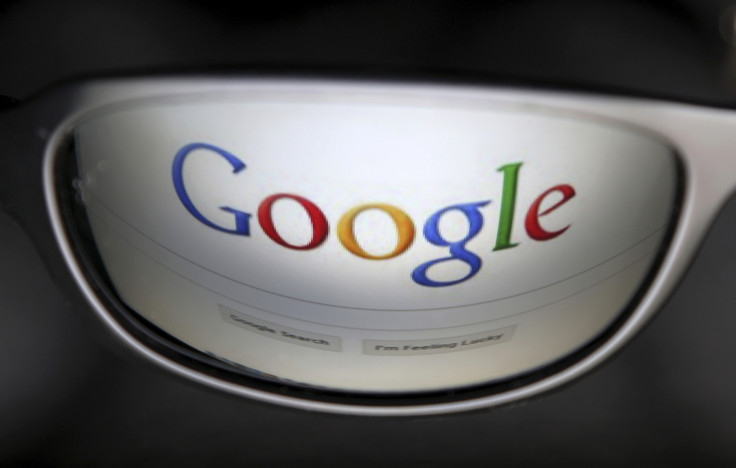Google Pixel 4 facial recognition designed using 'people of colour'
The company, it seems, opined that using homeless people for darker skin facial recognition would be a good idea.
Google is finding unique and well, a bit discriminatory methods to design facial recognition for its upcoming device – the Pixel 4. Earlier this year, the company admitted that it sent its employees to scout people who were willing to sell their facial data in exchange for a $5 gift certificate.
A new report has revealed even more damning findings. The New York Daily News reported on Wednesday that the company actively targeted homeless people, in a bid to form accurate facial recognition for "darker skin."
If this wasn't enough, the company reportedly recorded college students without their knowledge. The work was done by a contracting agency called Randstad, which sent out agents, who recorded data often without stating that it was doing Google's legwork.
An ex-staffer of Randstad made the stunning admissions.
"They said Randstad project leaders specifically told the TVCs to go after people of colour, conceal the fact that people's faces were being recorded and even lie to maximise their data collections.
Some were told to gather the face data by characterising the scan as a "selfie game" similar to Snapchat, they said.
One worker said they were told to say things like, (Just play with the phone for a couple minutes and get a gift card. We have a new app, try it and get $5.")," he stated to the NY Daily News.
The report is complete with the pictures of the device that was used to capture facial recognition data. It seems like a Pixel device encased in a large metal frame to hide the obvious fact of what device it is.
While Google should definitely design facial recognition for people of different skin colours, and correct any biases in data against them, concealing facts during 'research' doesn't seem justified. Especially, when gullible communities such as homeless people on the pavements of Atlanta are targeted. It could have, instead of trying to save a pretty Penny, have been upfront with the people it was recording.
Both Google and Randstad are yet to comment on the matter.

© Copyright IBTimes 2025. All rights reserved.





















